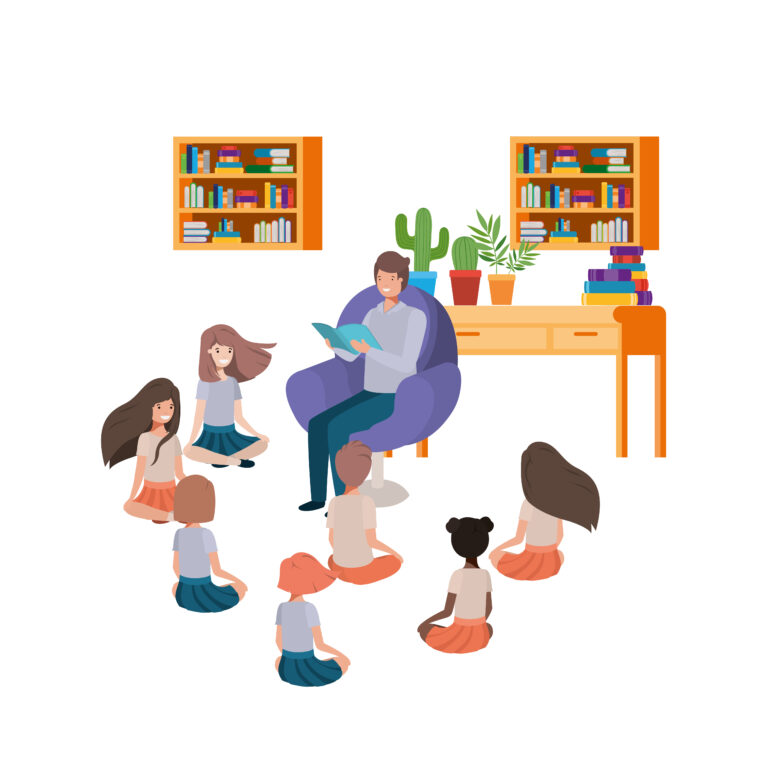Student-Centered Classes: A Comprehensive Professional Development Course K-12

Trainer: Engy Hammam
Duration: 24 Hours
Objectives
By the end of this course, participants will be able to:
1. Define the philosophy and foundational principles of student-centered learning.
2. Evaluate current teaching practices in relation to student-centered approaches.
3. Shift their instructional mindset from teacher-directed to learner-driven.
4. Design instructional units that allow for student voice, choice, and ownership.
5. Use a variety of active and collaborative learning strategies.
6. Differentiate instruction to meet diverse student needs using UDL principles.
7. Create inclusive environments that foster belonging, trust, and respect.
8. Develop student-centered assessment tools, including performance and selfassessments.
9. Integrate appropriate digital tools to enhance student autonomy and engagement.
10.Reflect on their teaching practice and implement sustainable change in their classrooms.
Outline
Session 1: Understanding Student-Centered Learning
• What is student-centered learning?
• Key differences: Student-centered vs. teacher-centered approaches
• Research-based benefits
• Philosophical underpinnings: Constructivism, Humanism, Inquiry
Session 2: The Shift in Roles – Teachers and Learners
• New roles of the teacher: Facilitator, mentor, guide
• Student agency, ownership, and voice
• Building trust and a culture of responsibility
• Encouraging metacognition and reflection in learners
Session 3: Instructional Design for Student-Centered Learning
• Backward design with student needs at the center
• Integrating learning objectives, student interests, and standards
• Learning menus, contracts, and choice boards
• Personalized and project-based learning
Session 4: Active Learning Strategies
• Cooperative learning and group structures
• Inquiry-based learning, project-based learning (PBL), and problem-solving
• Techniques: Think-pair-share, jigsaw, gallery walk, Socratic seminar
• Promoting student-led discussions
Session 5: Differentiation and Universal Design for Learning (UDL)
• Addressing diverse needs, abilities, and learning styles
• UDL principles: Representation, expression, and engagement
• Designing tiered tasks and flexible pathways
• Supporting struggling learners and extending advanced learners
Session 6: Assessment in Student-Centered Classrooms
• Assessment for learning, not just of learning
• Formative, authentic, and performance-based assessment
• Self-assessment and peer feedback
• Rubrics and student-led conferences
Session 7: Technology Integration to Enhance Student-Centered Learning
• Using digital tools to promote autonomy, collaboration, and creativity
• Platforms
• Digital portfolios and feedback
• Screen time balance and digital citizenship
Session 8: Implementation, Coaching, and Reflection
• Developing a personalized action plan
• Coaching circles and peer feedback
• Reflection strategies for continuous growth
• Troubleshooting barriers and sustaining the shift
